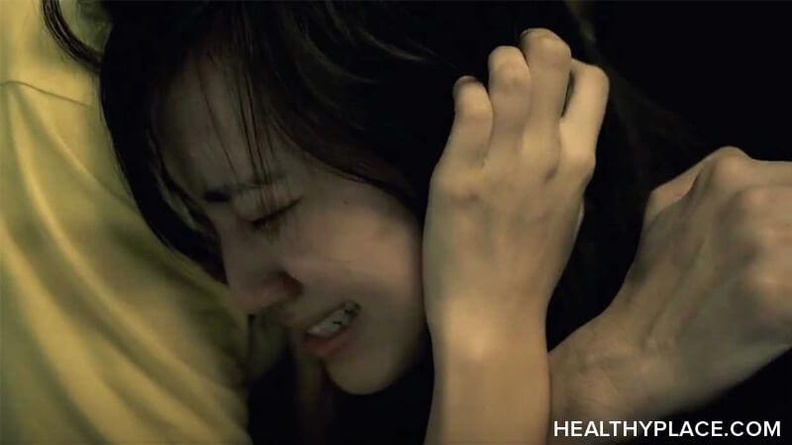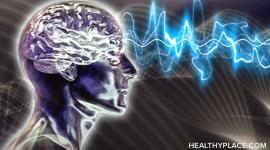What Causes Trichotillomania, Compulsive Hair Pulling?

Doctors don't know exactly what causes trichotillomania, but as with many of the more complicated mental illnesses, it likely results from a combination of factors. Promising ongoing research may shed some new light on trichotillomania causes, but until then, experts blame it a number of possible causes.
Possible Trichotillomania Causes
While underlying biological and environmental trichotillomania causes remain unclear, experts do know that people with the disorder use this compulsive hair pulling behavior as a coping mechanism for stress. People who do this don't have conscious intentions of hurting themselves. Conversely, they use it to cope with complex emotions like anxiety and sometimes fear or panic.
Trichotillomania symptoms typically set in around 11 years of age, but doctors have diagnosed children as young as one year old with compulsive hair pulling. (More on hair pulling in children) It's thought that certain sensory events can trigger the onset of trichotillomania:
- Itchy eyelashes
- Itchy eyebrows
- Itchy or scaly scalp
- Stressful life events
- General anxiety
Likely Causes of Trichotillomania
Physicians and scientists believe a combination of factors contribute to the underlying causes of trichotillomania:
- Genetic factors – many people with the disorder have a direct relative that suffers from, or suffered with, the disorder.
- Environmental factors – those who live in high anxiety environments (i.e. a physically or emotionally abusive household) may have a propensity to develop the disorder. Certain cultural traditions or norms may have a part as well for some patients.
- Abnormal brain chemistry – experts believe that deficiencies or inefficiencies of certain brain chemicals, such as serotonin and dopamine, may play a part in trichotillomania.
Compulsive Hair Pulling Risk Factors
According to the Mayo Clinic, certain risk factors are associated with compulsive hair pulling:
- Age – compulsive hair pulling typically develops in adolescents, although it can occur in younger children.
- Gender – many more females than men receive treatment for compulsive hair pulling; although, experts speculate that more women than men actually seek help for the condition.
- Relief or pleasure – people with trichotillomania often feel relief or pleasure when they participate in the compulsive hair pulling behavior, lending positive reinforcement to the activity in their minds.
- Other (comorbid) disorders – often, people with trichotillomania suffer from other mental disorders like depression, anxiety, or obsessive-compulsive disorder.
Doctors consider trichotillomania a potentially serious mental disorder and people suffering from the condition have effective trichotillomania treatments available to them. It's important that they seek medical advice to get appropriate treatment.
APA Reference
Gluck, S.
(2022, January 10). What Causes Trichotillomania, Compulsive Hair Pulling?, HealthyPlace. Retrieved
on 2025, November 29 from https://www.healthyplace.com/ocd-related-disorders/trichotillomania/what-causes-trichotillomania-compulsive-hair-pulling


